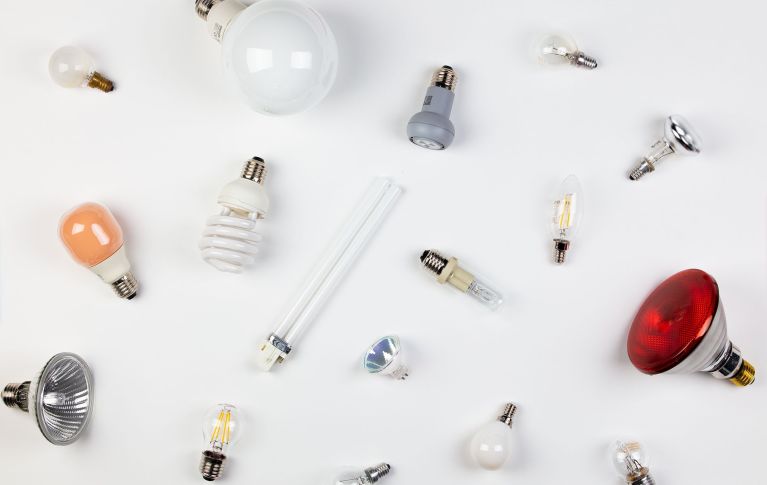
Questions and Answers About Blood Donation
Do you have any questions about donating blood? We have collected the most frequently asked questions and our answers to them.
FAQ
Anzeige von 1 - 11 von 11 Ergebnissen
Criteria for donor eligibility
- In the case of a vaccination with inactive pathogens or their components or an mRNA vaccination, the waiting time is normally 48 hours: Influenza, human papillomavirus, poliomyelitis parenteral (injected,), tetanus diphtheria, pertussis (whooping cough), cholera, Haemophilus influenzae B, genital herpes, meningococcal meningitis, pneumococcal, anthrax, rabies, typhoid (injected) and tick vaccine and COVID-19 (mRNA, vector). The vaccinations against hepatitis A and B are the exception: the waiting period here is 2 weeks. This is because a fresh vaccination could be mistaken for a fresh infection when the blood donation is tested in the laboratory.
- The waiting period for vaccinations with live vaccines (attenuated pathogens are vaccinated) is 1 month. The following vaccinations are given with live vaccines: measles-mumps-rubella, BCG (tuberculosis), oral poliomyelitis (oral vaccination), cholera, typhoid/paratyphoid (oral vaccination), yellow fever, herpes zoster and varicella.
- Vaccinations after exposure can only be donated 12 months later; this is a vaccination that is given after a specific event (e.g. vaccination against rabies after a dog bite abroad).
- All waiting periods after a vaccination can also be checked online in the vaccination check (only available in German, French or Italian)
Uniform donation criteria will apply throughout Switzerland from 1 November 2023. Swissmedic approved the application of Swiss Transfusion SRC in July 2023. This means that the blood donation criteria will be applied uniformly to everyone, regardless of sexual orientation.
No, if you have a cold, you should wait until you have completely recovered.
We recommend waiting at least 2 weeks after flu symptoms have disappeared before donating blood.
There is an increased risk of contagion with infectious diseases like malaria or the West Nile virus in many countries. A deferral period may be imposed to minimise the risks of transmitting an infection to a blood transfusion recipient, depending on the current situation. Enquire about the current status at the blood transfusion service in your region before your next blood donation.
After donation
Blood donors should avoid strenuous physical activities for 24 hours after donating and should be sure to drink plenty of fluids. The body will compensate for the fluid loss within 24 hours.
Blood donors are able to drive again once they have rested for 30 minutes, assuming they feel fit. There is a minimum 48-hour recovery period before piloting an aeroplane and a minimum 12-hour recovery period before driving a train or bus. Relevant occupation-specific rules must be followed.
All about blood donation
There is certain to be a time convenient for you at a venue right in your area. The regional blood transfusion services run blood donation centres in over 37 Swiss localities. In addition, mobile teams working with Samaritan associations hold blood drives regularly in many other towns and villages.
You can find blood donation times and venues (only available in German, French or Italian) at any time and sign up to receive reminders when they are coming up.
In principle, any healthy person between the ages of 18 and 60 who weighs more than 50 kg can give blood. There is an upper age limit of 60 for first-time donors.
You should take your official ID card, passport or blood donor card with you as proof of identity any time you go to donate.
The donation itself takes around 10 minutes. Afterwards, you should remain on the reclining chair for another 10 minutes. Plan approximately 45 minutes for the entire process including the pre-donation questionnaire and interview and time for a rest and refreshment after you donate. First-time donors should expect the process to take around an hour though, since the medical staff will need to go over more information with you before the donation.
